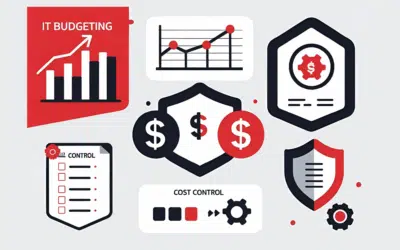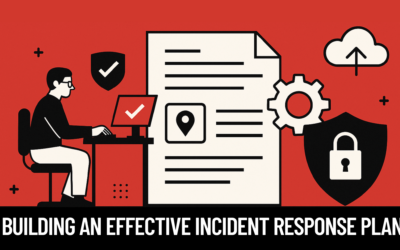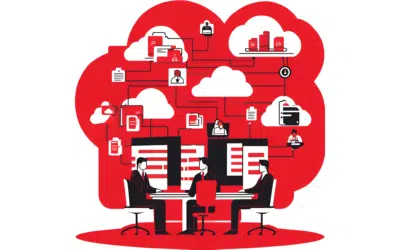Your Opportunity for Transformation
 In July 2010, Microsoft transitioned from providing mainstream support for Windows Server 2003 to releasing critical patches only. July 14, 2015 marks another transition, this time the end of Microsoft support for Windows Server 2003/R2. While this date may seem distant, now is the time to understand that the end of support and the end of life of Windows Server 2003 means that your business needs to ensure that it has a plan to migrate the applications and workloads currently relying on Windows Server 2003 onto Windows Server 2012 R2 or Microsoft Azure.
In July 2010, Microsoft transitioned from providing mainstream support for Windows Server 2003 to releasing critical patches only. July 14, 2015 marks another transition, this time the end of Microsoft support for Windows Server 2003/R2. While this date may seem distant, now is the time to understand that the end of support and the end of life of Windows Server 2003 means that your business needs to ensure that it has a plan to migrate the applications and workloads currently relying on Windows Server 2003 onto Windows Server 2012 R2 or Microsoft Azure.
Just to be clear, End-of-Support for Windows Server 2003 means:
[list style=”bullet”][li]No updates will be developed or released after end of support.[/li][li]No compliance, and lack of compliance with standards and regulations can be devastating.[/li][li]No safe haven because virtualized and physical instances of Windows Server 2003 will be vulnerable.[/li][/list]
We urge you to start your planning to migrate off of Windows Server 2003 and onto a platform that will provide you the security and reliability that you’ve experienced over the last decade with Windows Server 2003, with the added value of the features now included in Windows Server 2012 R2, as well as the hybrid opportunities available to you with Microsoft Azure.
Delaying will only create additional expenses, and ‘rigging’ your environments to detect intrusion, inclusion of more advanced firewalls, network segmentation, and so on, to simply isolate Windows Server 2003 servers will only result in a datacenter that costs more, and is still out of compliance, and out of date. Not to mention the maintenance costs for aging hardware. . . you’re just delaying your opportunity to transform.








